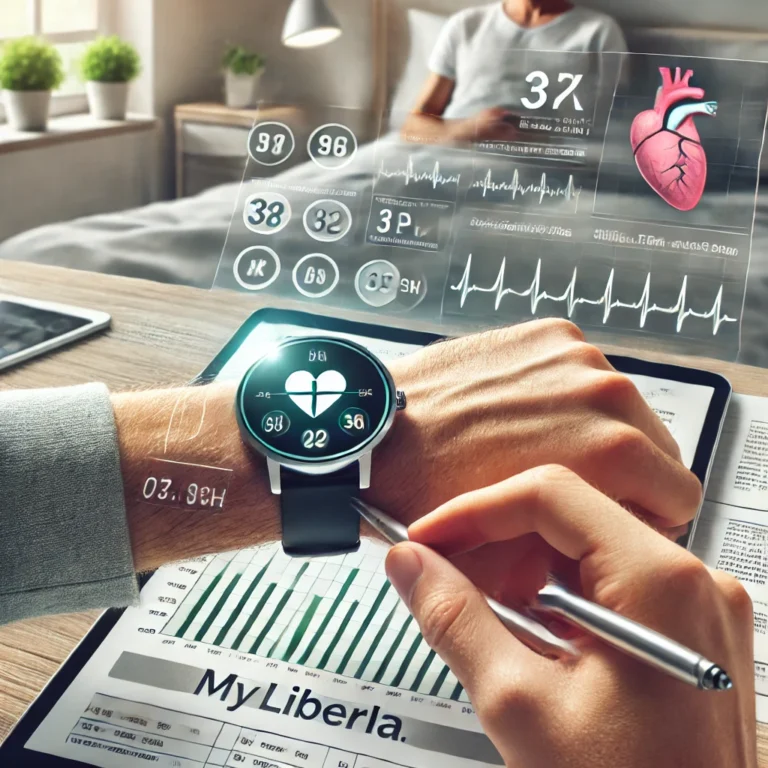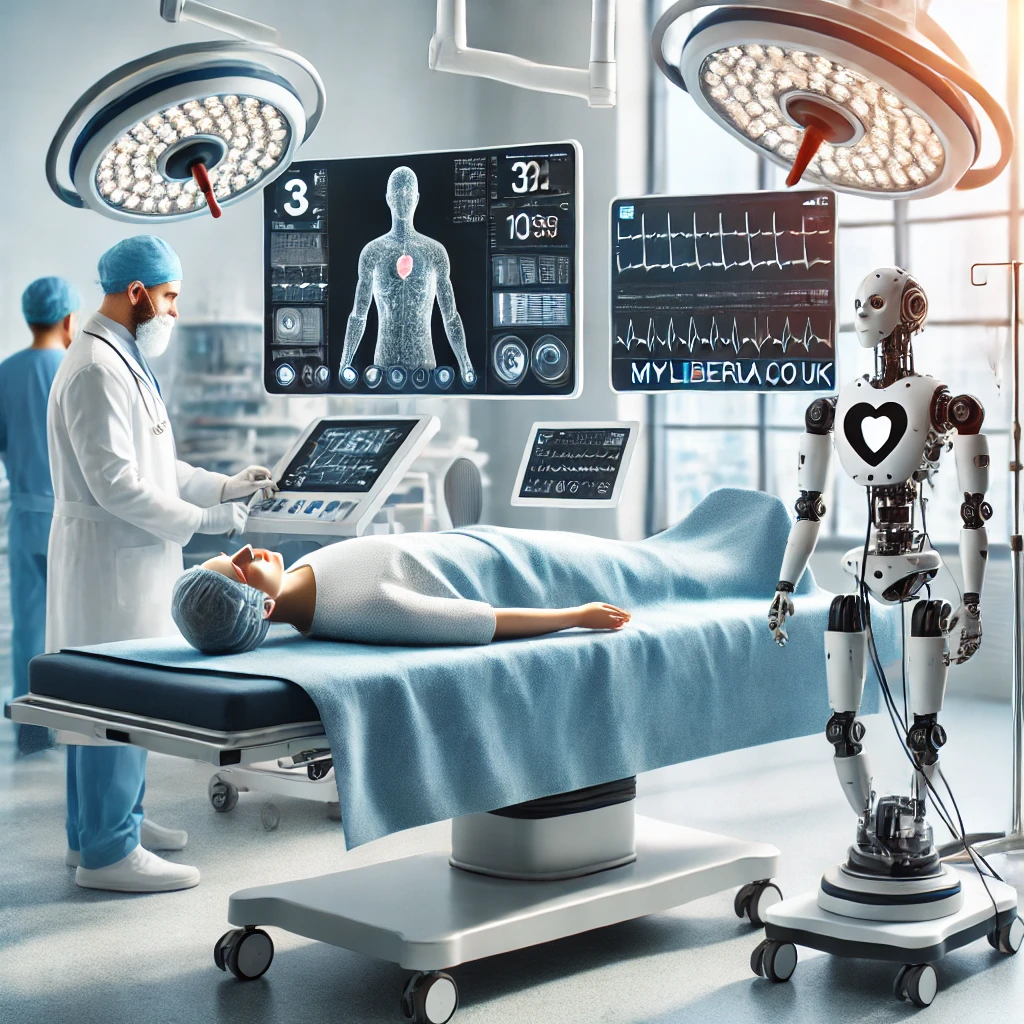Table of Contents
ToggleTechnopoly Opinion on Medical Tech: Revolutionizing Healthcare with Innovation and Responsibility
The world is witnessing an extraordinary transformation in how healthcare is delivered, driven by rapid advancements in technology. This phenomenon is often encapsulated in the term “technopoly” — a society so influenced by technology that it becomes the dominant force shaping our values, decisions, and priorities. When discussing the technopoly opinion on medical tech, it becomes clear that while technological innovation has brought revolutionary benefits, it also poses significant ethical, financial, and social challenges.
In this article, we’ll delve deep into what technopoly means in the context of medical technology, how it impacts healthcare, and what the future holds for this fascinating intersection.
Understanding Technopoly in the Medical Field
Neil Postman, who introduced the term technopoly, described it as a society that gives unchecked power to technology, often at the expense of cultural traditions and ethical considerations. In healthcare, this concept highlights how medical technology is becoming central to the way we diagnose, treat, and manage diseases.
The technopoly opinion on medical tech emphasizes a dual perspective: on the one hand, it celebrates innovation that improves healthcare; on the other, it warns of over-reliance and the ethical dilemmas that arise when technology takes precedence over human judgment.
The Transformative Power of Medical Technology
- Accurate and Faster Diagnosis
Medical technology has drastically improved diagnostic accuracy. AI-powered imaging tools, such as those used in mammography, detect abnormalities with precision that even skilled radiologists may miss. For instance, AI algorithms trained on millions of data points can identify early signs of diseases like cancer, Alzheimer’s, and even rare genetic disorders.The technopoly opinion on medical tech often highlights how these advancements save lives by enabling early intervention. - Telemedicine and Virtual Care
The COVID-19 pandemic accelerated the adoption of telemedicine, proving its effectiveness. Patients can now consult doctors online, reducing the need for travel and wait times. This convenience, enabled by technology, has made healthcare more accessible, particularly for those in remote areas.However, the technopoly-driven adoption of telemedicine raises questions about the quality of care and whether virtual interactions can fully replace in-person consultations. - Robotics in Surgery
Robotic surgery has become a cornerstone of modern medical practices. Systems like the da Vinci surgical robot allow for minimally invasive procedures, reducing recovery times and increasing surgical precision. From heart surgeries to organ transplants, robotics is pushing the boundaries of what’s possible in medicine.Advocates of the technopoly opinion on medical tech praise these innovations but caution against neglecting traditional surgical expertise. - Wearable Technology and Remote Monitoring
Devices like smartwatches, fitness trackers, and glucose monitors have empowered patients to take control of their health. These wearables provide real-time data on heart rate, blood pressure, and even blood sugar levels.While these advancements align with the technopoly vision of tech-driven efficiency, they also raise concerns about data security and the increasing commercialization of personal health information. - Personalized Medicine
Advances in genomics and biotechnology are making personalized medicine a reality. Treatments tailored to an individual’s genetic makeup can lead to more effective therapies for diseases like cancer and diabetes. This precision-driven approach to medicine is one of the most exciting developments in medical tech.
Challenges of Medical Tech in a Technopoly
Technopoly Opinion on Medical Tech, While the benefits of medical technology are undeniable, the technopoly opinion on medical tech also highlights several critical challenges:
1. Privacy and Security Concerns
As more patient data is stored digitally, concerns about cybersecurity have grown. Medical devices and electronic health records (EHRs) are prime targets for cyberattacks. Breaches can compromise sensitive patient information and disrupt healthcare services.
2. Cost and Accessibility
Many cutting-edge medical technologies are prohibitively expensive, making them inaccessible to large portions of the population. The technopoly-driven focus on innovation often overlooks the need for affordability, exacerbating healthcare disparities.
3. Over-Reliance on Technology
With increasing automation and AI integration, there is a risk of losing essential human skills in healthcare. For example, reliance on AI for diagnosis could lead to reduced emphasis on clinical expertise among doctors.
4. Ethical Dilemmas
Technopoly often prioritizes efficiency and innovation over ethical considerations. In healthcare, this could mean controversial decisions, such as prioritizing profits over patient well-being or using AI systems that inadvertently reinforce biases in medical decision-making.
A Balanced Perspective on Technopoly and Medical Tech
The technopoly opinion on medical tech calls for a balanced approach to integrating technology into healthcare. While the benefits are immense, we must ensure that innovation serves humanity rather than dominating it. Here are some steps to achieve this balance:
- Regulating Technology
Governments and healthcare organizations must establish regulations that govern the ethical use of medical technology. These regulations should address issues like data privacy, equitable access, and the ethical implications of AI decision-making. - Educating Healthcare Professionals
Medical practitioners must receive training on how to effectively use advanced technologies without becoming overly reliant on them. Blending traditional medical knowledge with technological expertise will ensure better patient outcomes. - Fostering Collaboration
Collaboration between technologists, healthcare providers, and policymakers is essential to creating systems that prioritize patient care while leveraging the latest innovations.
The Future of Medical Tech in a Technopoly World
Technopoly Opinion on Medical Tech, The future of medical tech holds immense promise. AI-powered diagnostics, robotic surgeries, and wearable devices will continue to evolve, making healthcare more efficient and accessible. However, the technopoly opinion on medical tech underscores the need for vigilance in how we adopt these technologies.
- AI in Predictive Healthcare: AI could predict epidemics and prevent their spread by analyzing global data trends.
- Smart Hospitals: Facilities equipped with IoT devices can provide seamless patient care, monitor vitals in real time, and alert doctors to potential complications.
- Gene Editing: Tools like CRISPR are poised to revolutionize how we treat genetic disorders, opening new frontiers in medicine.
Conclusion – Technopoly Opinion on Medical Tech
The technopoly opinion on medical tech highlights both the transformative power of innovation and the challenges it brings. By embracing technology responsibly, we can create a healthcare system that is efficient, equitable, and ethical. However, the journey requires careful consideration of privacy, cost, and the potential loss of human oversight.
Medical technology, when guided by thoughtful governance, has the potential to revolutionize healthcare while preserving the human touch that lies at its heart. In a technopoly-driven world, the challenge lies not in the technology itself but in how we choose to use it.
FAQ:Technopoly Opinion on Medical Tech
1. What is technopoly in the context of medical technology?
Technopoly refers to a society where technology dominates decision-making, often reshaping values and priorities. In medical technology, it highlights how innovations like AI, robotics, and telemedicine are transforming healthcare delivery, often taking center stage in diagnosis, treatment, and patient management.
2. How has medical technology improved healthcare?
Medical technology has revolutionized healthcare in many ways:
- Accurate Diagnoses: AI tools detect diseases early with precision.
- Telemedicine: Virtual consultations improve accessibility.
- Robotic Surgery: Enhances precision and reduces recovery times.
- Wearables: Real-time health monitoring empowers patients.
- Personalized Medicine: Tailored treatments lead to better outcomes.
3. What are the challenges of medical technology in a technopoly?
While medical tech has many benefits, it also faces challenges:
- Privacy Risks: Patient data is vulnerable to cyberattacks.
- Cost Barriers: High-tech treatments can be expensive.
- Over-Reliance: Dependence on technology may reduce human expertise.
- Ethical Issues: Balancing innovation with patient-centric care is a challenge.
4. Is telemedicine a sustainable healthcare solution?
Yes, telemedicine is a highly sustainable solution, especially for remote areas and during emergencies. However, it should complement rather than replace in-person consultations to ensure holistic care.
5. How can we balance innovation with ethics in medical technology?
Balancing innovation with ethics requires:
- Clear regulations for ethical technology use.
- Training healthcare professionals to integrate technology with traditional practices.
- Collaboration among technologists, healthcare providers, and policymakers.
6. What role does AI play in medical technology?
AI is pivotal in:
- Diagnosing Diseases: AI-powered tools analyze vast datasets to identify diseases early.
- Predicting Epidemics: AI models assess global data to forecast health crises.
- Personalized Treatment Plans: AI helps tailor treatments to individual patient needs.
7. Will robotics replace human surgeons in the future?
Robotics enhances surgical precision and reduces risks, but it is unlikely to replace human surgeons entirely. The best outcomes come from combining human expertise with robotic efficiency.
8. How can we address the cost challenges of medical technology?
Technopoly Opinion on Medical TeTo make medical tech more accessible:
- Governments and organizations can subsidize costs.
- Investment in scalable, affordable technologies is essential.
- Public-private partnerships can bridge the gap in healthcare access.
9. What’s the future of medical technology in a technopoly?
Technopoly Opinion on Medical Tech, The future includes exciting advancements such as:
- AI in Predictive Healthcare: Early detection of epidemics.
- Smart Hospitals: Real-time monitoring through IoT devices.
- Gene Editing: Tools like CRISPR revolutionizing treatments for genetic disorders.
10. How can patients benefit from wearable medical technology?
Technopoly Opinion on Medical Tech, Wearables, such as fitness trackers and glucose monitors, empower patients by providing:
- Real-time health insights.
- Early warnings for medical issues.
- Encouragement for healthier lifestyles through continuous monitoring.




